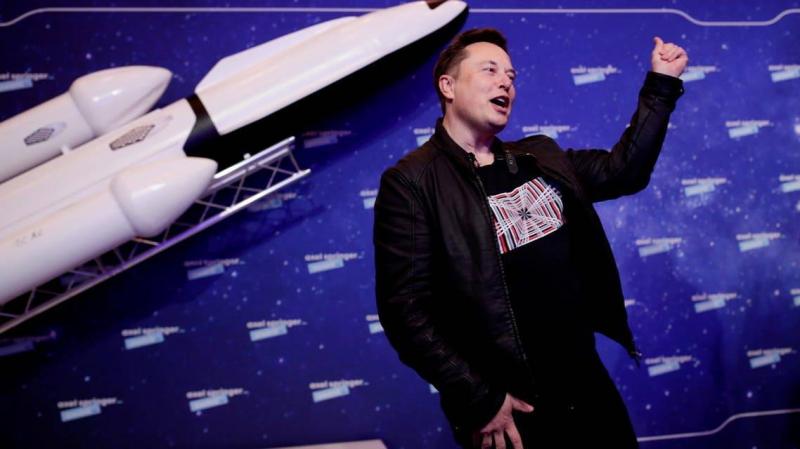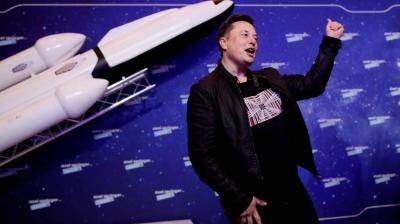Elon Musk's net worth exceeds $160 billion, making the Tesla CEO the second richest person on Earth, behind Amazon founder Jeff Bezos. At a conference focused on Bitcoin on Wednesday, Musk revealed the five major investments fueling his immense wealth. Unsurprisingly, like most billionaires, his wealth is heavily concentrated in a handful of names, with Musk only investing in one public company.
The five major investments that have pushed Elon Musk's net worth to over $160 billion are as follows:
1. **Tesla**
Musk's stake in the company is 22.4% as of December 31. The billionaire could still add billions more through holding additional Tesla shares based on a special agreement he has. The current value of this stake is $141 billion, based on Tesla's market valuation of $631 billion as of July 21.
2. **SpaceX**
His stake in the private space company is estimated at about 48%, but it could be lower if Musk's share was diluted during the last funding round. That stake is valued at $35 billion, based on SpaceX's most recent valuation of $74 billion.
3. **Bitcoin**
Musk's holdings of the most popular cryptocurrency are unknown as he has not disclosed them so far. Musk stated at the conference on Wednesday: "The value of Bitcoin that I own is much more than my holdings of Ethereum or Dogecoin." He added that both SpaceX and Tesla own Bitcoin and that he is open to accepting Bitcoin as a form of payment again once its mining becomes more reliant on clean energy.
4. **Ethereum**
His holdings of the second-largest cryptocurrency by market capitalization are also currently unknown.
5. **Dogecoin**
Musk did not reveal the value of his Dogecoin holdings, which he strongly supports. Musk has long been an advocate for Dogecoin, as he often tweets about the meme-inspired cryptocurrency. In May, Dogecoin's price peaked at around $0.75 in anticipation of Musk hosting Saturday Night Live. Since that peak, the cryptocurrency has declined by more than 70%.
Aside from the aforementioned investments, Musk disclosed that he owns stakes in two of his early-stage companies, Neuralink and Boring Company, although these investments are not significant in terms of value compared to those mentioned.




